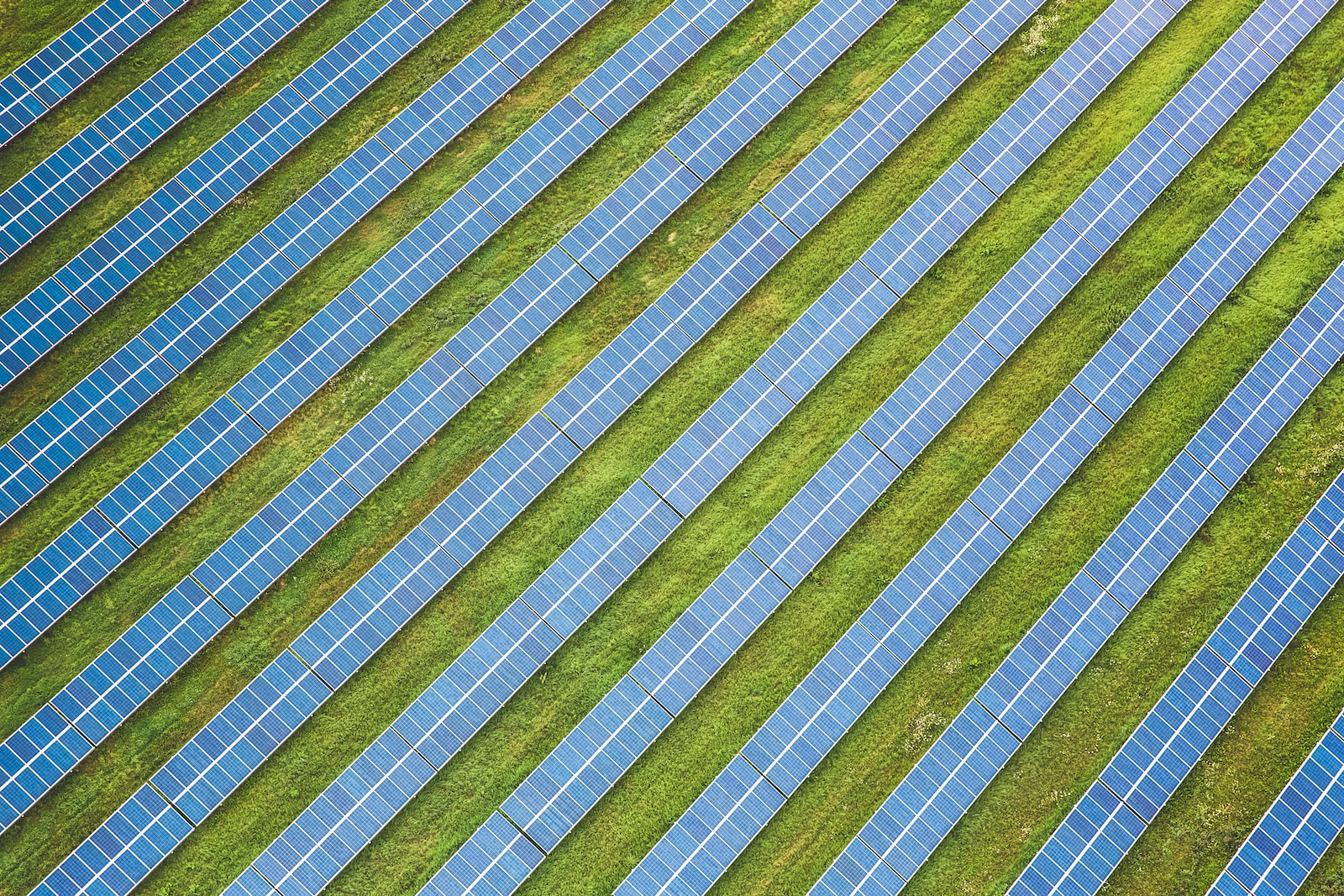As the world continues to grapple with the challenges of climate change and the need for sustainable energy solutions, ethical investments in sustainable energy storage have emerged as a crucial avenue for promoting a greener future. Energy storage technologies play a vital role in balancing the intermittent nature of renewable energy sources, such as solar and wind power, and ensuring a reliable and stable energy supply. In this comprehensive guide, we will explore the concept of ethical investments in sustainable energy storage, their importance, and the various opportunities available for individuals and organizations to contribute to a cleaner and more sustainable energy landscape.
Understanding Ethical Investments
Ethical investments, also known as socially responsible investments (SRI) or sustainable investments, are financial investments made in companies, projects, or initiatives that align with certain ethical or environmental principles. These investments aim to generate both financial returns and positive social or environmental impacts.
In the context of sustainable energy storage, ethical investments focus on supporting technologies and projects that contribute to the transition to a low-carbon economy, reduce greenhouse gas emissions, and promote sustainable energy practices. These investments prioritize environmental sustainability, social responsibility, and long-term economic viability.
The Importance of Sustainable Energy Storage
Sustainable energy storage is a critical component of the renewable energy transition. While renewable energy sources, such as solar and wind power, offer clean and abundant energy, their intermittent nature poses challenges to grid stability and reliability. Energy storage technologies help address these challenges by storing excess energy during periods of high generation and releasing it when demand is high or renewable energy production is low.
By investing in sustainable energy storage, we can:
- Enable Renewable Energy Integration: Energy storage technologies facilitate the integration of renewable energy sources into the grid, reducing reliance on fossil fuels and promoting a cleaner energy mix.
- Enhance Grid Stability and Reliability: Energy storage systems provide grid operators with the flexibility to balance supply and demand, ensuring a stable and reliable energy supply even during fluctuations in renewable energy generation.
- Reduce Carbon Emissions: By enabling higher utilization of renewable energy and reducing the need for fossil fuel-based backup power, energy storage technologies help reduce greenhouse gas emissions and combat climate change.
- Promote Energy Independence: Energy storage allows for decentralized energy generation and consumption, empowering communities and individuals to become more self-reliant and less dependent on centralized power systems.
Types of Sustainable Energy Storage Technologies
Various types of sustainable energy storage technologies offer different advantages and applications. Some of the most prominent ones include:
- Battery Energy Storage Systems (BESS): BESS, such as lithium-ion batteries, are widely used for small-scale energy storage applications. They are efficient, scalable, and suitable for both residential and commercial use. BESS can store excess energy from renewable sources and release it when needed, ensuring a stable energy supply.
- Pumped Hydro Storage: Pumped hydro storage involves using excess energy to pump water from a lower reservoir to a higher one. When energy is needed, the water is released, flowing through turbines to generate electricity. Pumped hydro storage is highly efficient and has a long lifespan, making it a reliable and cost-effective option for large-scale energy storage.
- Compressed Air Energy Storage (CAES): CAES involves compressing air and storing it in underground caverns or tanks. When energy is required, the compressed air is released, expanding and driving turbines to generate electricity. CAES is suitable for large-scale energy storage and can provide long-duration storage capabilities.
- Thermal Energy Storage (TES): TES involves storing excess energy in the form of heat or cold. This can be achieved through various methods, such as using molten salts, phase change materials, or ice. TES is commonly used in conjunction with solar thermal power plants and district heating and cooling systems.
- Hydrogen Energy Storage: Hydrogen can be produced through electrolysis using excess renewable energy and stored for later use. It can be used as a fuel for various applications, including transportation, heating, and power generation. Hydrogen energy storage offers long-duration storage capabilities and can play a significant role in decarbonizing multiple sectors.

Opportunities for Ethical Investments in Sustainable Energy Storage
Ethical investments in sustainable energy storage present numerous opportunities for individuals, organizations, and financial institutions to contribute to a cleaner and more sustainable energy future. Some of the key opportunities include:
- Investing in Energy Storage Companies: Investing in companies that develop, manufacture, or deploy energy storage technologies is a direct way to support the growth of sustainable energy storage. These companies play a crucial role in advancing technology innovation, improving energy storage efficiency, and driving down costs.
- Supporting Renewable Energy Projects with Energy Storage: Investing in renewable energy projects that incorporate energy storage systems can help accelerate the transition to a low-carbon energy system.
- Funding Research and Development: Supporting research and development initiatives focused on advancing energy storage technologies can drive innovation and improve the performance and cost-effectiveness of sustainable energy storage solutions.
- Participating in Energy Storage Funds: Investing in energy storage funds or green investment funds that specifically target sustainable energy storage projects can provide individuals and organizations with diversified exposure to the sector while supporting the growth of ethical investments in this field.
- Engaging in Community Energy Projects: Participating in community energy projects that involve the installation of energy storage systems can have a direct impact on local communities and contribute to the development of sustainable energy infrastructure.
- Exploring Crowdfunding Platforms: Crowdfunding platforms dedicated to sustainable energy projects offer opportunities for individuals to invest in specific energy storage initiatives and support the growth of ethical investments in this sector.
Conclusion
Ethical investments in sustainable energy storage offer a unique opportunity to align financial goals with environmental and social objectives. By investing in technologies and projects that promote a cleaner and more sustainable energy landscape, individuals and organizations can play an active role in combating climate change, reducing carbon emissions, and driving the transition to a low-carbon economy. With a wide range of investment opportunities available, it is crucial to conduct thorough research, seek professional advice, and choose investments that align with your values and long-term sustainability goals. Together, we can create a greener future through ethical investments in sustainable energy storage.

































